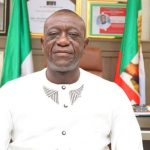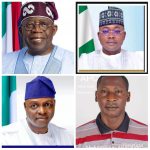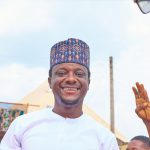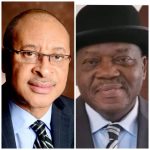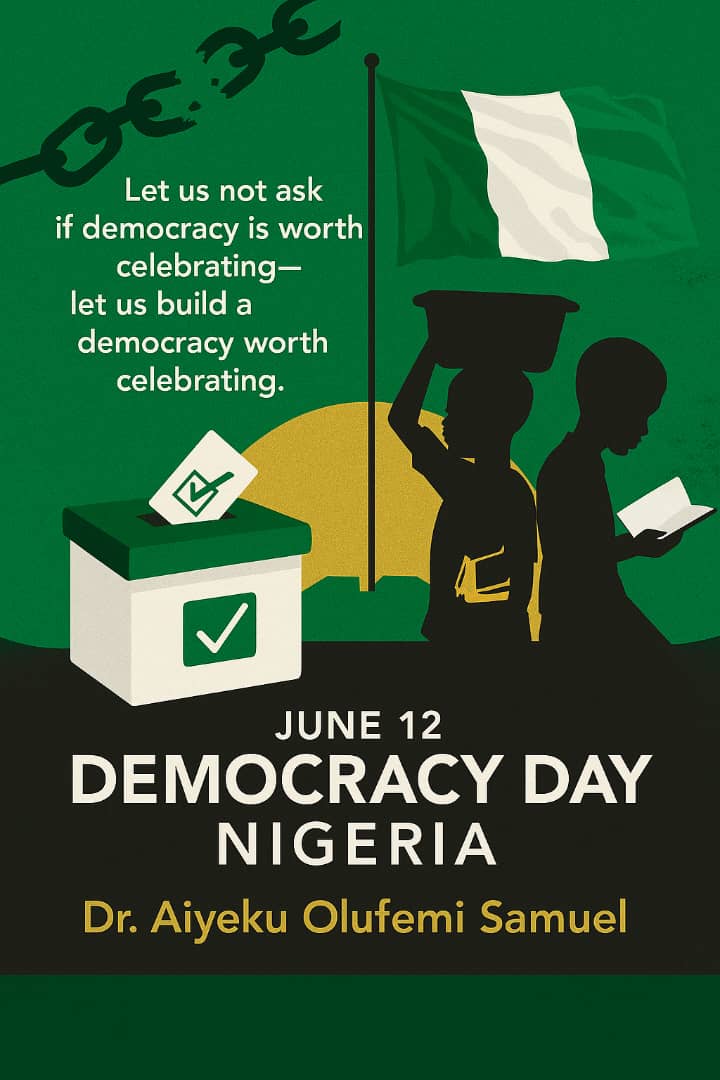June 12: A Democracy in Chains or a Nation in Progress?
By Dr. Aiyeku Olufemi Samuel
Democracy Day in Nigeria—June 12—remains etched in our national consciousness as a tribute to the spirit of free will and the pursuit of self-governance.
It is a memorial of the 1993 election, believed by many to be the freest and fairest in our history, annulled by military fiat. But three decades later, with over 24 years of uninterrupted civil rule under the banners of the PDP and APC, we must pause and ask: Is Nigeria truly democratic, or merely existing in a civil version of dictatorship?
“Can a democracy survive where the people live like refugees in their own country?”
“What do we celebrate when mothers wail at empty pots, fathers are jobless, and children hawk instead of school?”
As we mark another Democracy Day, let us strip away the ceremonial noise and deeply reflect on the real state of the Nigerian nation —politically, economically, socially, and morally.
Are we truly progressing as a democratic society, or merely managing a façade crafted by recurring elite dominance?
The Political Mirage
* Political leadership remains largely recycled, with little ideological difference between the major parties. The masses are trapped in a two-party labyrinth, PDP and APC, which have offered little by way of genuine transformation.
* Electoral integrity is still compromised, as vote-buying, violence, and judicial interference plague the electoral process.
* The National Assembly has become more of a rubber stamp than a voice of the people, and the local governments—the closest tier to the people—remain comatose due to overbearing state governors.
“If democracy is government of the people, by the people, for the people—where then are the people?”
The Economic Paradox
* Inflation is in double digits, the Naira is depreciating daily, and the cost of living is unbearable for the average Nigerian. As of June 2025, a bag of rice is over ₦80,000, a litre of fuel crosses ₦900 in many states, and the minimum wage remains far from adequate.
* Youth unemployment hovers around 33%, while graduate underemployment and JAPA syndrome strip Nigeria of its best minds.
* The middle class, once a symbol of hope, is shrinking. Many Nigerians now survive through informal jobs or foreign remittances.
“Is democracy just a right to vote, or also the right to food, shelter, and dignity?”
Social Fabric Under Siege
* Insecurity remains a daily nightmare—from kidnappings in the North, cult clashes in the South, to banditry and terrorism in the Middle Belt. People live in fear, their trust in government’s capacity to protect lives and property eroded.
* Ethno-religious divisions are deepening, creating fault lines that threaten national cohesion.
* Education is collapsing under the weight of strikes, underfunding, and poor infrastructure, while healthcare has become a luxury. Nigerian children die daily from preventable diseases, and women die in childbirth due to poor medical attention.
The Plight of Nigerian Children and Vulnerable Families
* Over 20 million Nigerian children are out of school. Many roam the streets hawking, working as domestic helps, or worse—victims of trafficking and abuse.
* Malnutrition affects 1 in every 3 children under five. In the Northeast, many children are orphans of conflict, growing up without proper care, safety, or dreams.
* The recent economic hardship has pushed vulnerable families into cycles of debt, hunger, and hopelessness. Parents cannot afford school fees or basic healthcare.
* The psychological damage of poverty, displacement, and hopelessness has created a generation more exposed to crime, drugs, and extremism.
“What future are we preparing for children who know more about survival than education?”
Hope in the Shadows: What Can Be Done?
While it is easy to lament, it is more constructive to act. Nigeria still holds promise—but only if we are willing to confront hard truths and take radical steps.
* Restructure the federation to empower local governments and reduce concentration of power at the center.
* Strengthen democratic institutions—INEC, judiciary, civil society—and insulate them from political manipulation.
* Implement policies that directly improve household incomes: agricultural support for rural families, MSME grants for youths, and subsidies for essential goods.
* Invest heavily in primary and secondary education, especially in the North, while enforcing child protection laws to eliminate child labour.
* Tackle corruption not by media trials, but with real convictions, asset recovery, and institutional deterrents.
* Leverage technology for transparency in governance, digital taxation, public sector reform, and social safety net management.
* Encourage political mentorship that grooms new leaders and diversifies participation—especially for women, youths, and people with disabilities.
“Democracy is not just about freedom—it is about fairness, equity, and results.”
~ Dr. Aiyeku Olufemi Samuel
Conclusion: Democracy Must Be Felt, Not Just Declared
June 12 should not be just another date on the calendar; it should be a mirror through which we measure the soul of our nation. If after decades of civilian rule, the people still cry for basic amenities, then something is deeply broken.
We owe it to the memory of heroes like MKO Abiola, Kudirat, and the countless Nigerians who fought for democratic rights to rebuild this nation into one that values justice over nepotism, progress over propaganda, and hope over helplessness.
“Let us not ask if democracy is worth celebrating—let us build a democracy worth celebrating.”
Happy Democracy Day to every Nigerian still believing, still fighting, still hoping.
Dr. Aiyeku Olufemi Samuel
Strategist | Governance|Policy |Economist |Advocate | Public Sector Specialist | PPP & CRM SPECIALIST |CERTIFIED INVESTMENT MANAGEMENT & CONSULTANT | RISK MANAGEMENT | BRAND GROWTH STRATEGIST
:aiyekuolufemi@gmail.com | +234 802 545 1262 |

